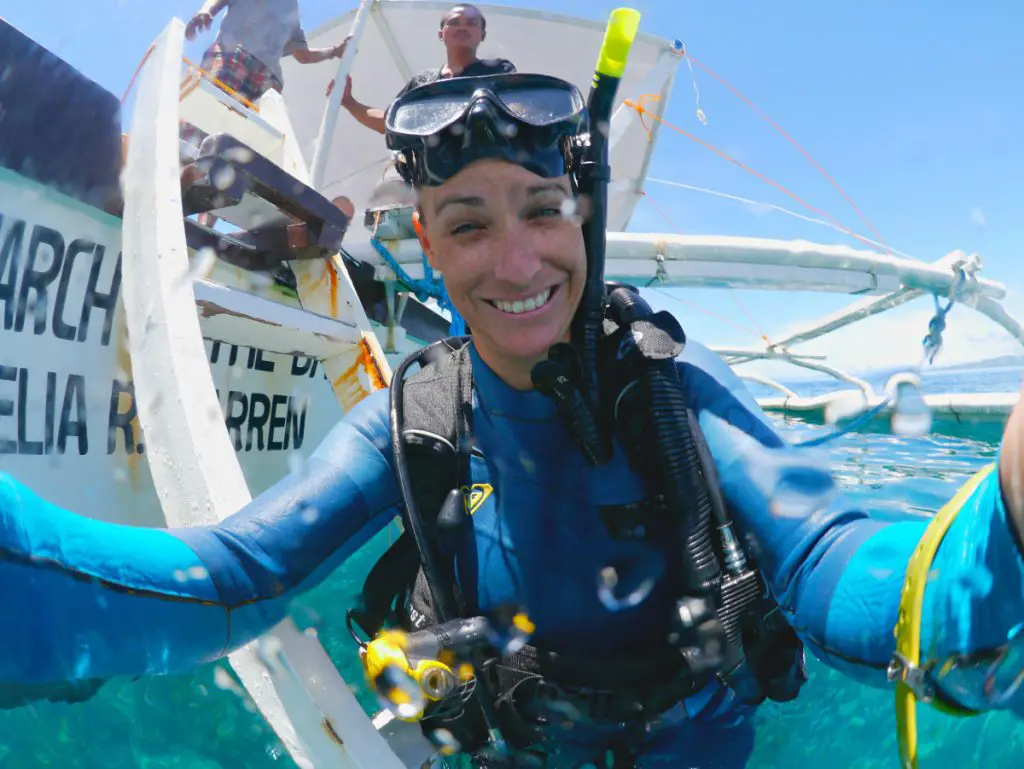Australia – The Australian government has issued a threat abatement plan outlining various strategies to reduce marine debris. The draft document follows an Australian Senate inquiry into the threat of marine plastic pollution in Australia, leading to the release of a report ‘Toxic tide: the threat of marine plastic’.
A total of 1.5 million tonnes of plastic were consumed in Australia in the 2012–13 financial year – this represents roughly 65 kilograms per citizen.
However, the country’s plastics recycling rate is only at 20%, the report points out. The World Economic Forum expects global plastics production to quadruple by 2050. As for Australia; the nation produces around 1.2 million tonnes of plastics each year.
The industry employs over 85 000 people and makes up some 10% of Australian manufacturing activity.
The government now wants to remove existing ocean litter while also monitoring the quantities, origins, types and hazardous chemical contaminants of marine debris. It is also keen to assess the effectiveness of different waste management arrangements. In addition, the plan aims to identify key species, ecological communities, ecosystems and locations impacted by marine debris for priority action.
Another objective is to conduct research to understand and mitigate the impacts of microplastic and plastic debris on marine species and ecological communities.
Government officials were alarmed by a recent systematic review of ecological impacts of marine debris revealing that 82% of the litter in the oceans surrounding Australia contains plastics. Furthermore, several studies have urged that fishing gear, balloons and plastic bags to be the biggest threats to marine fauna.
Plastic bags and utensils were described as ‘the biggest ingestion risk’ for seabirds, turtles and marine mammals. According to the Australian government, domestic policies on materials, supply chains, product stewardship, waste management and resource recovery could minimise the volume of debris entering the oceans.
‘Plastic Free July’, an initiative developed by the Western Metropolitan Regional Council in Perth, Western Australia, has been deemed an example of ‘effective’ community-based action to raise awareness and encourage the public to refuse single-use plastic, focusing on plastic bags, bottles, takeaway coffee cups and straws.
The full report ‘Toxic Tide’ can be downloaded here free of charge.
Don't hesitate to contact us to share your input and ideas. Subscribe to the magazine or (free) newsletter.



